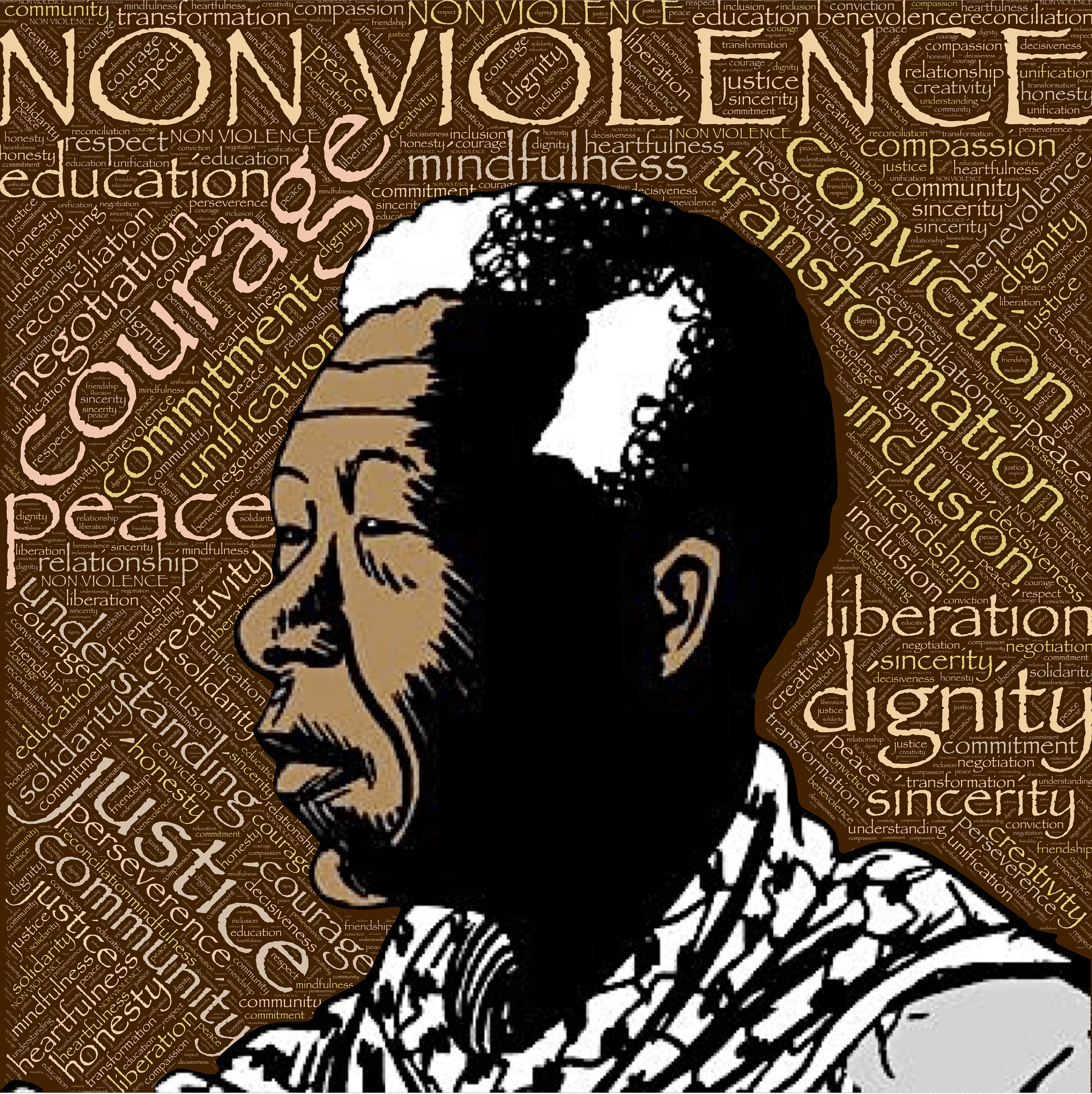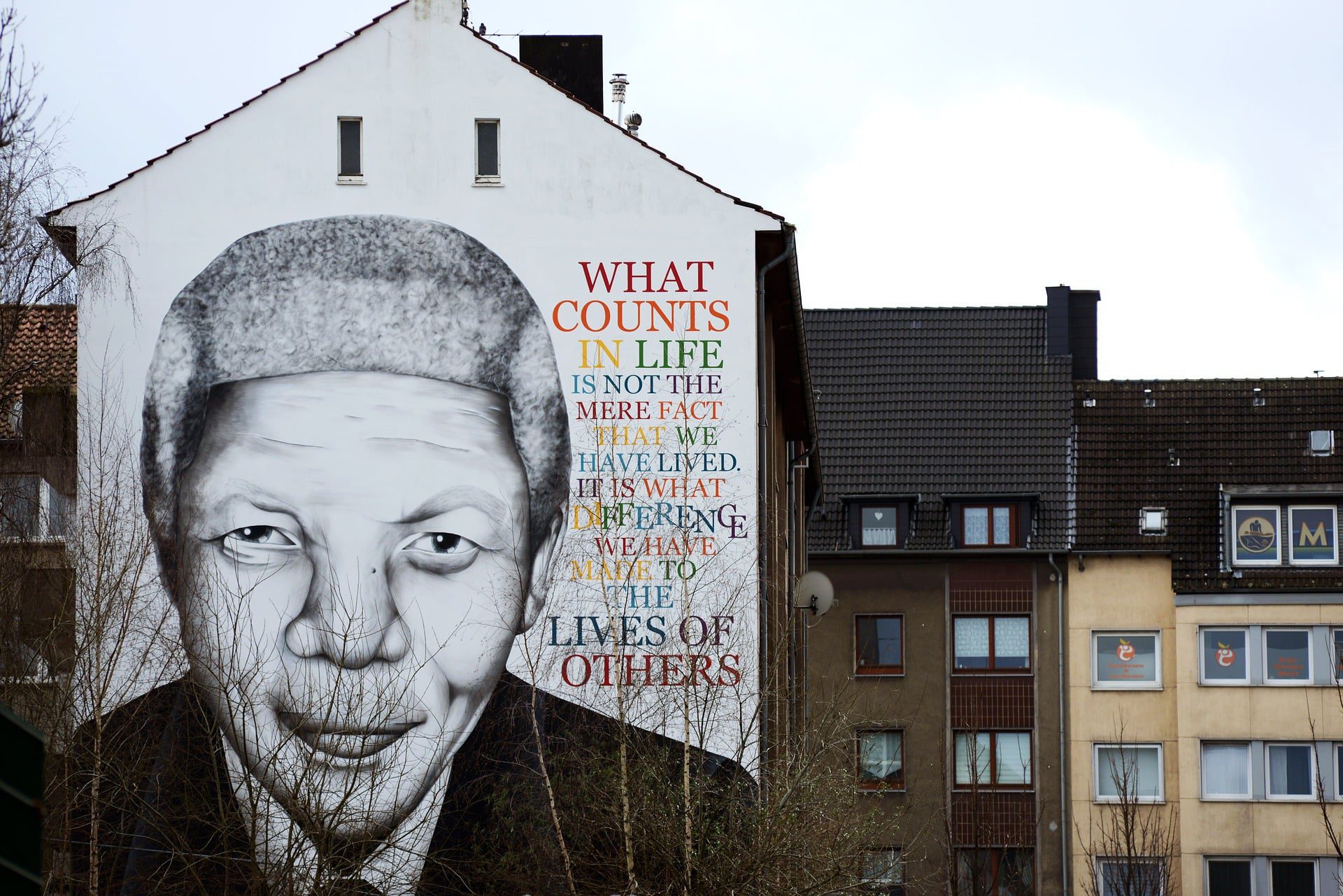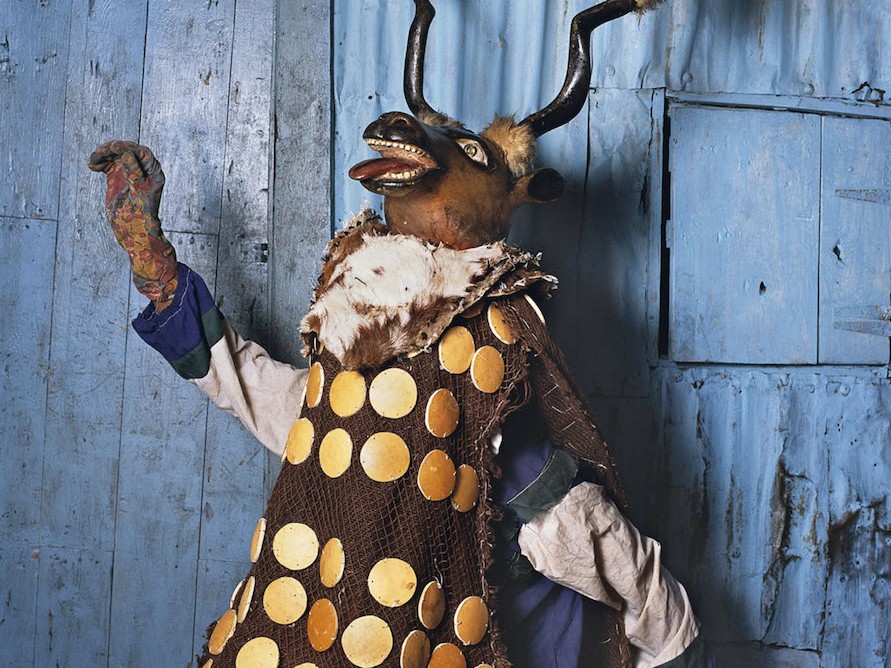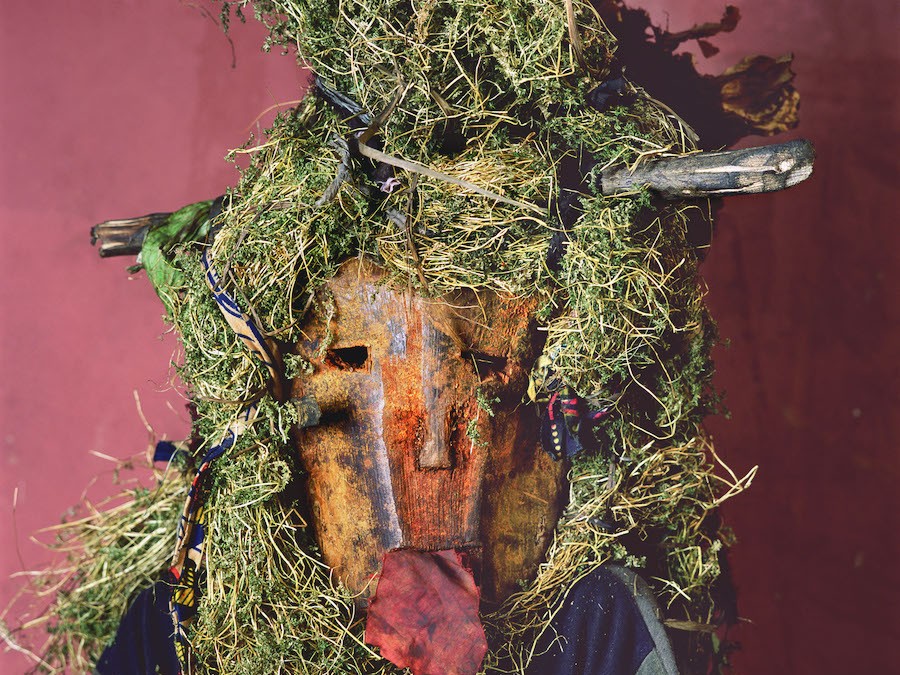Share this!
Nelson Mandela Speeches That Will Inspire You
Nelson Rolihlahla Mandela made a profound impact on the world during the 20th and 21st centuries becoming a symbol of resistance and peace while challenging the ideas that oppressed his fellow black South Africans. Through his empowering words and commanding voice, Mandela vocalized the thoughts many could not say due to the threat of violence under South Africa’s apartheid segregation laws, and here are some of his speeches that changed his nation and shaped the world.
Proclamation In The Courtroom (1964)
“During my lifetime I have dedicated myself to this struggle of the African people. I have fought against white domination, and I have fought against black domination. I have cherished the ideal of a democratic and free society in which all persons live together in harmony and with equal opportunities. It is an ideal which I hope to live for and to achieve. But if needs be, it is an ideal for which I am prepared to die.”
After being accused of treason alongside 10 others, Nelson Mandela made these bold comments during his trial. As the nation watched the events that unfolded, Mandela made a three-hour long speech with his most famous line said at the end. Mandela re-affirmed his allegiance to his beloved country and stated how he was not deterred by the situation. He took advantage of his platform by highlighting the flaws South Africa struggled with and proposed resolutions on what could be done.
Response To Soweto Uprising (1976)
“[The] verdict is loud and clear: apartheid has failed. Our people remain unequivocal in its rejection. The young and the old, parent and child, all reject it. … Between the anvil of united mass action and the hammer of the armed struggle we shall crush apartheid.”
The Soweto Uprising is a reminder of the violence that occurred during the era of Apartheid. When the government implemented a policy that forced students to use Afrikaans and English during class time, black students felt oppressed and were angry at the expectations placed on them because of the color of their skin. After black students refused to go to school, the police began to intervene and students were met with acts of brutality. Although he was still in prison, Mandela heard what happened and decided to speak out. Mandela compared his living conditions to the outside world, claiming that South Africa was confided in a box of evil and the only way to get out was to unify all groups of people.

Statement After His Prison Release (1990)
“I call in the strongest possible way for us to act with the dignity and discipline that our just struggle for freedom deserves. Our victories must be celebrated in peace and joy. In particular I call on our people in Natal to unite against the perpetrators of violence. … Let us act with political foresight and develop bold steps to end the mindless violence.”
After his release from Victor Vester Prison in February of 1990, Mandela returned to his community in Soweto. He first extended words of gratitude to those who have supported him throughout his time in prison and exclaimed joyous sentiments following his release. Mandela then mentioned the problems that still affected South Africa and explained how each social class can contribute to his cause. Eventually, his efforts were met with success with the end of apartheid in April of 1994.
Inauguration Speech In Pretoria (1994)
“We must therefore act together as a united people, for national reconciliation, for nation building, for the birth of a new world. Let there be justice for all; Let there be peace for all. Let there be work, bread, water and salt for all; Let each know that for each that for each the body, the mind and the soul have been freed to fulfill themselves. … Let freedom reign.”
Following the abolishment of apartheid, Nelson Mandela became the first democratically elected president in South Africa. During his inauguration speech in Petroria, Mandela celebrated the progress of the nation and how the nation could function as one, cohesive unit. Mandela added how South Africa became re-born with his release from prison and that his country will continue striving for peace.

Address At The 13th International AIDS Conference (2000)
“I come from a long tradition of collective leadership, consultative decision-making and joint action towards the common good. We have overcome much that many thought insurmountable through an adherence to those practices. In the face of the grave threat posed by HIV/Aids, we have to rise above our differences and combine our efforts to save our people. History will judge us harshly if we fail to do so now, and right now.”
Mandela became a leading figure within the AIDS movement, working to make sure those with the disease had access to treatment and striving to prevent the spread of the virus that would eventually take his eldest son Makgatho in 2005. Mandela wanted survivors to receive adequate health care his son was receiving. During his 2000 address at the annual AIDS International Conference, Mandela pointed out that the majority of victims of AIDS were (and are still) from Africa and urged the international community to help the families that were living with the epidemic. In 2003, he started the 46664 initiative to further push awareness of the HIV/AIDS epidemic.
Retirement Speech (2004)
“What I have come to do here this morning is to make an appeal more than an announcement. … I do not intend to hide away totally from the public, but hence forth I want to be in the position of calling you to ask whether I would be welcome, rather than being called upon to do things and participate in events. The appeal therefore is: don’t call me, I’ll call you.”
Everything must come to an end. After becoming president of South Africa and transitioning into the non-profit scene with his foundations, Mandela announced his withdrawal from the public eye on June 1, 2004. In his celebratory speech, Mandela stated how he was humbled by the events and accomplishments that occurred while he maintained seats of power. In the end, he offered some words of comfort for those who did not want to see him go. On December 5, 2013, Mandela died from a respratory infection.
Inspired to read more about his speeches and memorable quotes? Check out resources like the Nelson Mandela Foundation to see how you can empower your peers with words in the future.
About Demand Africa
Demand Africa offers 24-7 access to the largest curated collection of Pan-African TV shows, series, soaps, movies and lifestyle entertainment direct from the continent. Demand Africa goes to Nollywood and beyond to offer a deeper connection to the continent. Explore the culture, people, places and traditions of Africa and stream with IMPACT. Now streaming over 1,000 hours, with content added monthly. 60% of your monthly subscription goes to the featured creators and distributors on Demand Africa.



